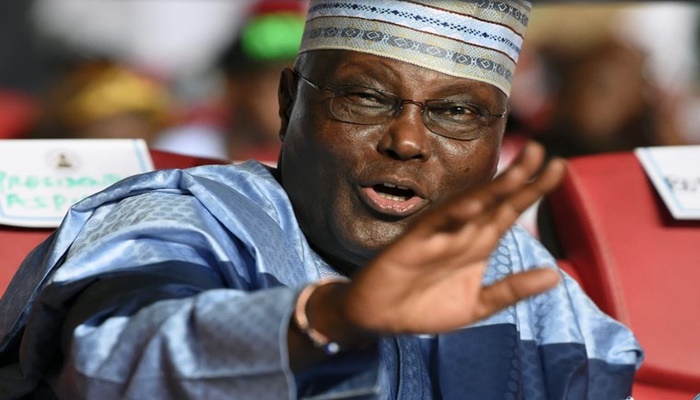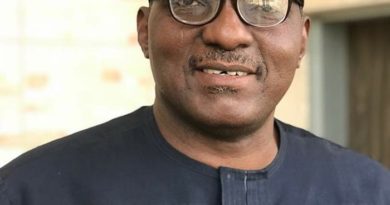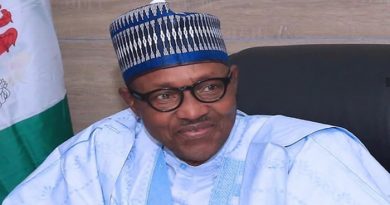Internal feuds weaken Nigerian ruling party before elections
Nigerian President Muhammadu Buhari’s chances of winning re-election in February are facing a potentially insurmountable hurdle: widening divisions in his own party.
Dissatisfied party heavyweights range from his wife, Aisha Buhari, who called on members to “rise against impunity” after her brother lost a gubernatorial nomination, to three influential state governors whose chosen successors failed to win party primaries. It’s especially troubling for Buhari’s All Progressives Congress because the campaign of his main challenger, Atiku Abubakar, has remained unified and shows signs of gaining momentum.
“With about three months to the elections, what has become obvious is that the APC is in tatters,” said Idayat Hassan, executive director of the Abuja-based Centre for Democracy and Development. “This infighting will have a huge implication on the ability to successfully deliver the presidency and also to win at the state level.”
“We are applying our well-oiled internal dispute-resolution mechanism to resolve any outstanding matters,” APC spokesman Lanre Issa-Onilu said in a text-message response to questions.
The APC’s deepening crisis became clear in July, when Senate President Bukola Saraki and Speaker of the House of Representatives Yakubu Dogara defected to the opposition People’s Democratic Party. They were joined by three state governors and dozens of lawmakers. Many of them had helped Buhari, 75, in 2015 to become the first candidate to oust a sitting president though the ballot box in the history of Africa’s biggest oil producer.
Favored Scapegoat
Party chairman Adams Oshiomhole has taken most of the blame, with critics in the APC accusing him of manipulating the party’s internal electoral processes to favor his allies. Oshiomhole, who was questioned by state security police last week, denies the allegations as well as reports that he resigned.
In one of Nigeria’s 36 states, Zamfara in the northwest, the APC won’t be able to field candidates in any of the elections for which it’s eligible after the party failed to meet the submission deadline of the Independent National Electoral Commission due to an intractable dispute.
The APC’s woes come at a time when the PDP, which governed for 16 years before Buhari’s victory, has maintained a more united front and chose Abubakar, 71, as its presidential candidate at well-organized primaries in October.
“We are confident going into the 2019 elections that Nigerians will rather subscribe to the APC’s efforts at promoting democratic rights and popular participation than going back to years of impunity,” Issa-Onilu said.
Internal Feuds Weaken Nigerian Ruling Party Before Elections
Buhari has failed to maintain his 2015 coalition, and tight state elections held in July and September in the southwest indicate a very competitive election in February, according to Malte Liewerscheidt, vice president of London-based risk advisory group Teneo Intelligence.
“The spat within the ruling party has the potential to hurt Buhari’s re-election prospects significantly, especially in the southwest,” Liewerscheidt said. “Any divisions in the local party structure would be a severe liability for 2019.”
Credit: Bloomberg




